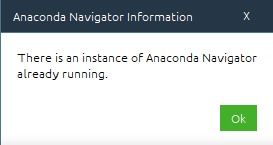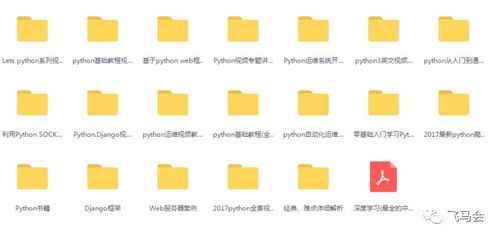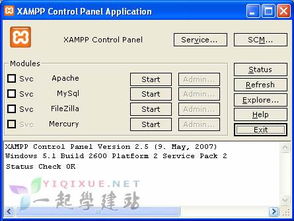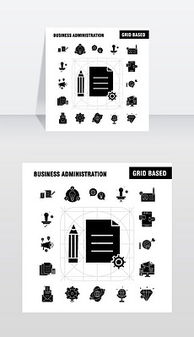directory:Okay,here is an article focusing on the keyword directory.
Article Title: Understanding the Foundation: A Comprehensive Guide to Directories
Article Content
Introduction
In the digital age, where information and files are constantly being created, managed, and accessed, an efficient system for organizing these assets is crucial. This is where the concept of a "directory" comes into play. While often used interchangeably with "folder," the term "directory" carries a broader significance, encompassing its role in file systems, web navigation, and even physical organization. Understanding what a directory is, how it functions, and its various forms is fundamental to navigating the digital world effectively.
What is a Directory?

At its core, a directory is a container or a namespace that organizes a hierarchical collection of files and other directories. Think of it as a digital filing cabinet or a library's card catalog system. It provides a way to group related items together, making them easier to find, manage, and access.
Types of Directories
Directories manifest in several key contexts:

File System Directories: These are the most common type encountered daily. Operating systems like Windows, macOS, and Linux use hierarchical directory structures (e.g.,
C:\Users\,/Users/,/home/) to store and organize all the files on your computer. Each directory can contain files (like documents, images, executables) and other directories (which can, in turn, contain more files and directories). This structure allows for a logical organization, preventing chaos and enabling efficient data retrieval.Web Directories: Search engines and websites use directories to categorize web pages and content. While the physical structure might not be as visible, search engines crawl the web and index content into vast, complex directories based on relevance, keywords, and links. Some websites also use directory structures within their own site maps to logically arrange their content for users and search engine crawlers.
Address Books / Contact Directories: In email clients (like Outlook, Gmail) and contact management systems, a "directory" often refers to a list or database of contacts. This directory allows users to store information (names, email addresses, phone numbers, etc.) and quickly find and communicate with specific individuals or groups.

DNS Directories: The Domain Name System (DNS) uses a hierarchical directory structure to map human-readable domain names (like
www.example.com) to their corresponding IP addresses. This system, managed by root servers and delegated to top-level domains, effectively translates web addresses into the numerical language the internet understands.
Functions and Importance of Directories
Directories serve several critical functions:
- Organization: They provide a logical structure for storing and retrieving information, preventing data from becoming a chaotic mess.
- Navigation: Directories allow users to navigate through levels of information, moving from broad categories to specific files or resources.
- Access Control: In file systems and network environments, directories can be used to implement permissions, determining who can read, write, or execute files within them.
- Abstraction: They hide the complexity of the underlying storage or network infrastructure, presenting a user-friendly interface for accessing resources.
- Referencing: Directories provide a way to reference files and other directories, often through paths (e.g.,
Documents/Reports/2023/).
Conclusion
From the intricate file structures on our hard drives to the vast databases powering contact lists and the hierarchical systems managing the internet itself, directories are fundamental organizational tools. They provide the essential framework for managing, accessing, and navigating the vast amount of information and resources available in our digital world. Understanding directories is not just about knowing a technical term; it's about grasping a foundational concept that underpins much of our interaction with computers and online services.
相关文章:
文章已关闭评论!










